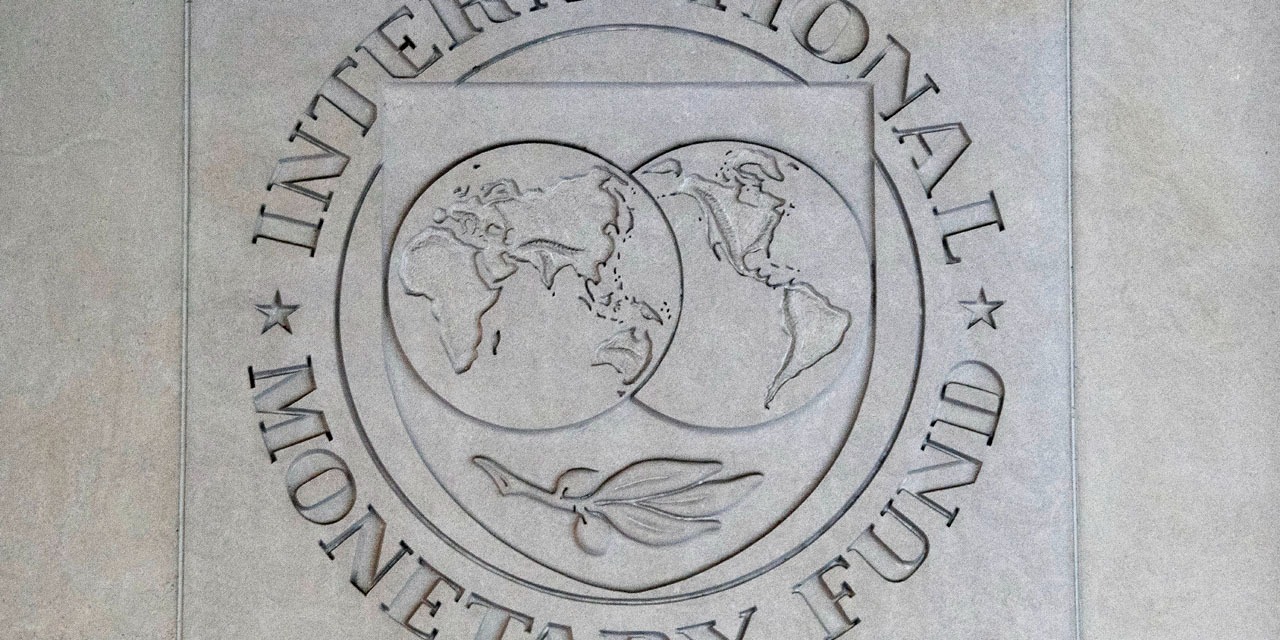Maud Descamps, with AFP 5:19 p.m., February 17, 2022
Supply issues are far from over.
And the International Monetary Fund (IMF) is even sounding the alarm: if measures are not taken on a global scale, the supply problems which affect several sectors such as the automobile or even the building industry, will continue. until 2023
Factory closures and shortages of industrial components such as valuable electronic chips essential to many sectors of the economy could continue next year in Europe, the International Monetary Fund warned on Thursday.
2% of euro zone growth in 2021
Supply chain problems also cost 2021 growth in the euro zone by 2%, assessed the institution which publishes a report on the reasons and impact of bottlenecks on the Old Continent.
This is "the equivalent of about a year of growth in normal times, before the pandemic, for many European economies", underlined the director general Kristalina Georgieva, in a blog sheet co-signed with the director of the department Europe Alfred Kammer and his deputy Oya Celasun.
"Europe and China have imposed new restrictions and more disruptions may follow. Overall, disruptions may last longer, into 2023," they write as economists turn to the end of 2021. expected the bottlenecks to dissipate by the end of 2022. Manufacturing output in the Eurozone could also have been 6% higher in autumn 2021 had it not been for the supply issues.
>> READ ALSO -
Covid-19: is the booster dose still useful?
Olivier Véran's answer
The IMF recommends flexibility
In countries where manufacturing companies operate downstream of global supply chains, such as countries with large automotive sectors, such as Germany and the Czech Republic, manufacturing output could have been up to 14% higher than what it was last year, the IMF also calculated.
Supply constraints have also played an important role in producer price inflation in the euro area, as has the strength of demand.
The report attributes 40% of supply shocks to shutdowns caused by the pandemic, which are expected to be "transient".
The institution points out that labor shortages and aging logistics infrastructure “could, however, have more persistent effects on supply and inflation than the closings” of factories.
IMF recommends tackling bottlenecks directly by, for example, speeding up the licensing of transport and logistics workers, temporarily easing restrictions on port opening hours and streamlining customs inspections .
Finally, he calls for the easing of immigration rules to alleviate labor shortages.

